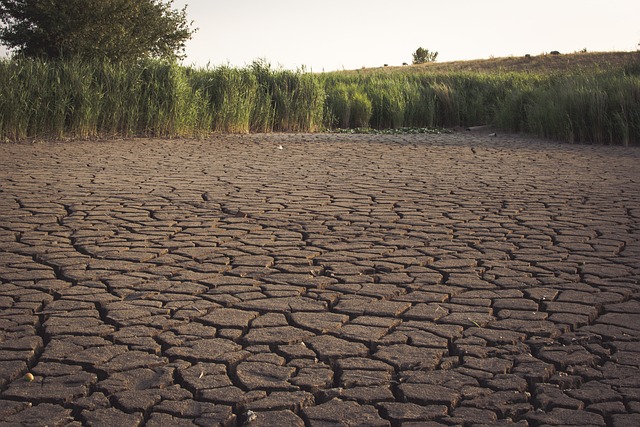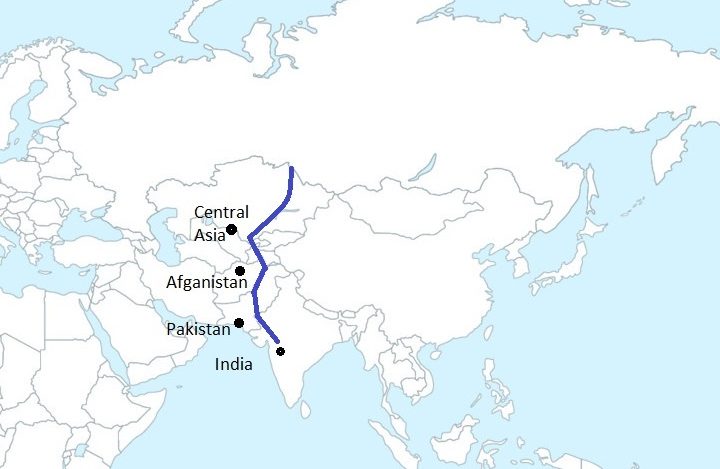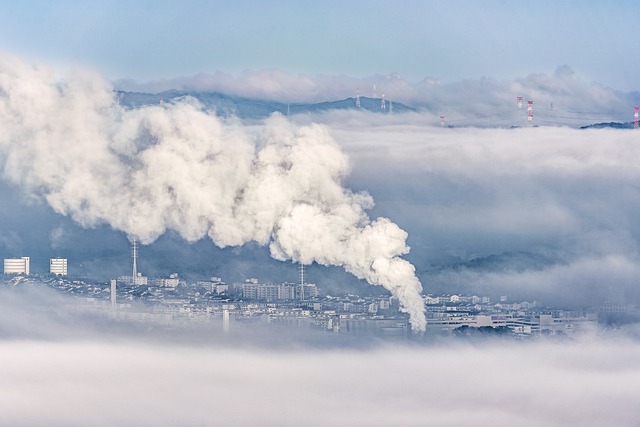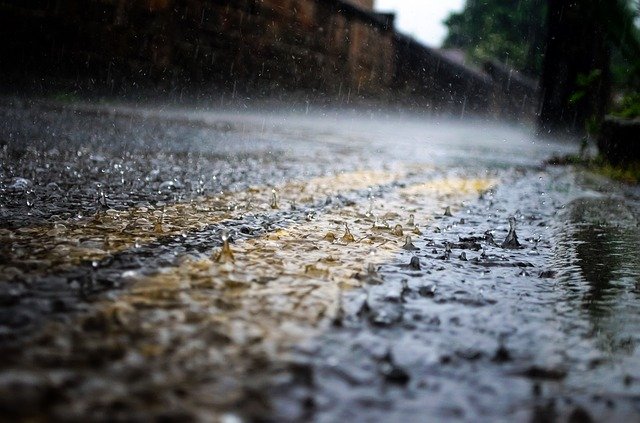The Cases of Climate Injustice:
With the climate change movement taking a strong hold in various communities and media across the world, there are some other key issues being brought up as well. One such theme is that of Climate Injustice which may perhaps be the most important one out of all.
This is the issue of Climate Injustice. In which the climate change and its various negative effects will be felt more severely and disproportionately by certain groups around the world one of them being- WOMEN.
For more information, read: Environmental Justice: Ensuring Equity and Sustainability for All and Environment Discrimination and the Importance of Environmental Justice
Thus, while thinking how to address this problem of climate change we also need to keep in mind the effects on Women from poor backgrounds, regions, class and countries. Especially if they are immigrants or women of color such as brown and black women in a white majority community or country, since they are usually responsible for procuring resources for household and also rely on natural resources more than others one of them being Water.
It is especially important to talk about the minorities in Pakistan who also face discrimination, neglect and ill treatment when it comes to their rights and climate injustice.
Check out: Climate Change Is Increasing Water Scarcity Around The World
How does Climate Change Impact Water Scarcity?
Climate Change has driven extreme weather events to a new height causing floods, droughts, famine, heat waves and an overall increase in global temperatures that have resulted in shrinking coastlines, lakes and rivers. Underground water tables and aquifers have also shown a significant amount of decline- hitting an all time low ever since Industrial revolution days. This means there is an ever increasing Water Scarcity across the world.
This is particularly a bad news for us as well since many countries in Asia that are considered still at the developing stage, are going to be submerged underwater due to rising sea levels whereas on the other hand the other half of the country will be suffering from extreme water scarcity due to lack of potable water in underground water tables and aquifers.
These countries include, parts of India, possibly whole of Bangladesh (there have been reports that Bangladesh has even started to look for purchasing resettlement land for a part of its population due to this threat) , Sri Lanka and Maldives. At least every 1 in 7th person from Bangladesh will be effected by the rising sea levels and of course, every 3 people from 7 are adult women.
You might also like to read: What is Climate Justice and Why Is It Important?
Women and Water Scarcity:
Women are responsible for domestic chores and thus automatically are also responsible for procuring natural resources such as wood for fuel, water for cleaning and drinking purposes. This is especially important in developing countries in rural areas because there is no proper or convenient supply of water to homes like in the more developed areas and countries. Even with the same country there can be a vast difference in accessibility to various amenities even one as basic as water.
Yet, unfortunately, the lack of development and infrastructure has made it very difficult and highly dangerous for women to procure water. For instance, in the events of floods or land sliding, the distance they have to travel to get water from the designated rivers or wells in their communities, is destroyed completely and in the event it manages to survive somehow, then the route is so dangerous that there is a high probability of endangering lives.
Yet, many women even now, without floods, heavy rains or land sliding face a lot of difficulties in obtaining water for their kids and family because of the poor aftermath and post disaster management from the authorities and government. This is very unfortunate as the climate change is only going to bring more and worse extreme weather events and floods and drought that will make it even harder and tough for the women of the communities these disasters are inevitably going to strike.
Moreover, lack of access to sanitized water and purified water is very critical to the well being of girls and women. The lack of it makes education for girls difficult as they are expected to help out their mothers at home in other domestic chores at home while the mothers are out procuring resources that take a long time due to the lack of development and disastrous events making it more difficult. The lack of water along with other resources also sees a rise in domestic violence and crime against women and females in general.
Lastly, an often overlooked and forgotten fact is that clean water is not only necessary for cleaning and cooking but is also very essential for pregnant women, maternal and post natal care that is frequently not considered by many authorities or personnel running NGOs and relief operations in the event of a disaster.
You may also like to read: What is meant by Eco-Feminism? Why is it so Important?
I hope you all liked this post! Please comment below if you have any suggestions, comments, or feedback! We at #envpk love hearing from our readers! Thanks!




